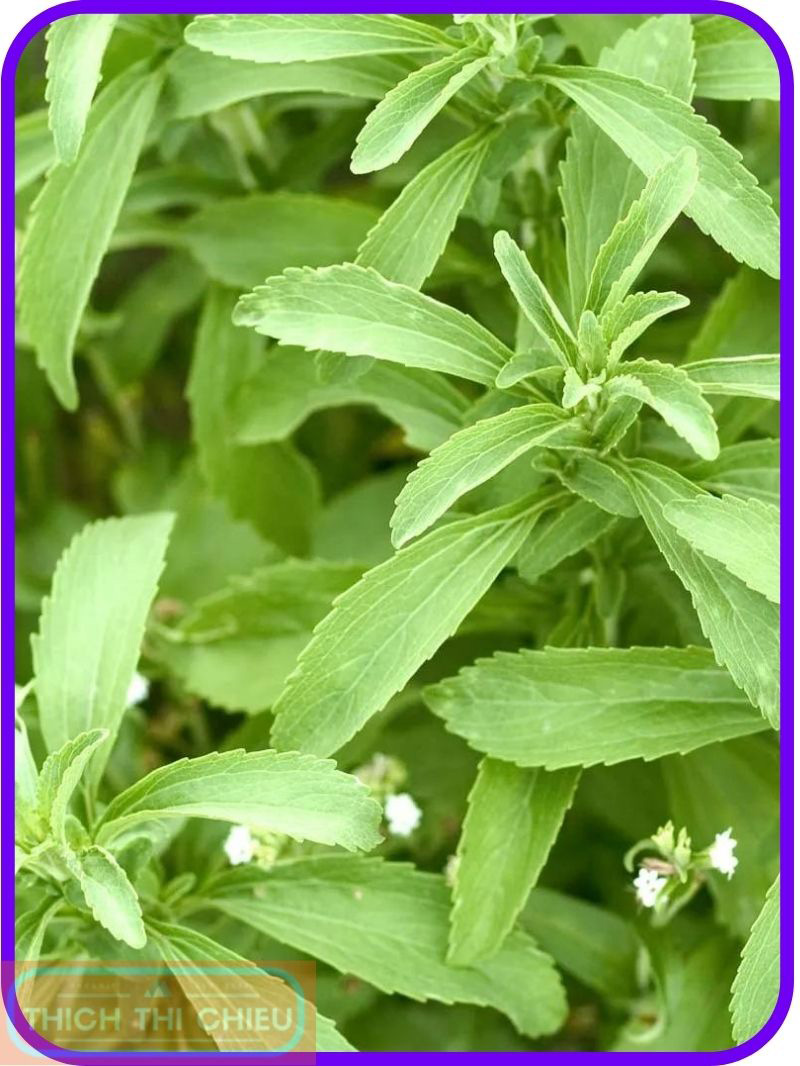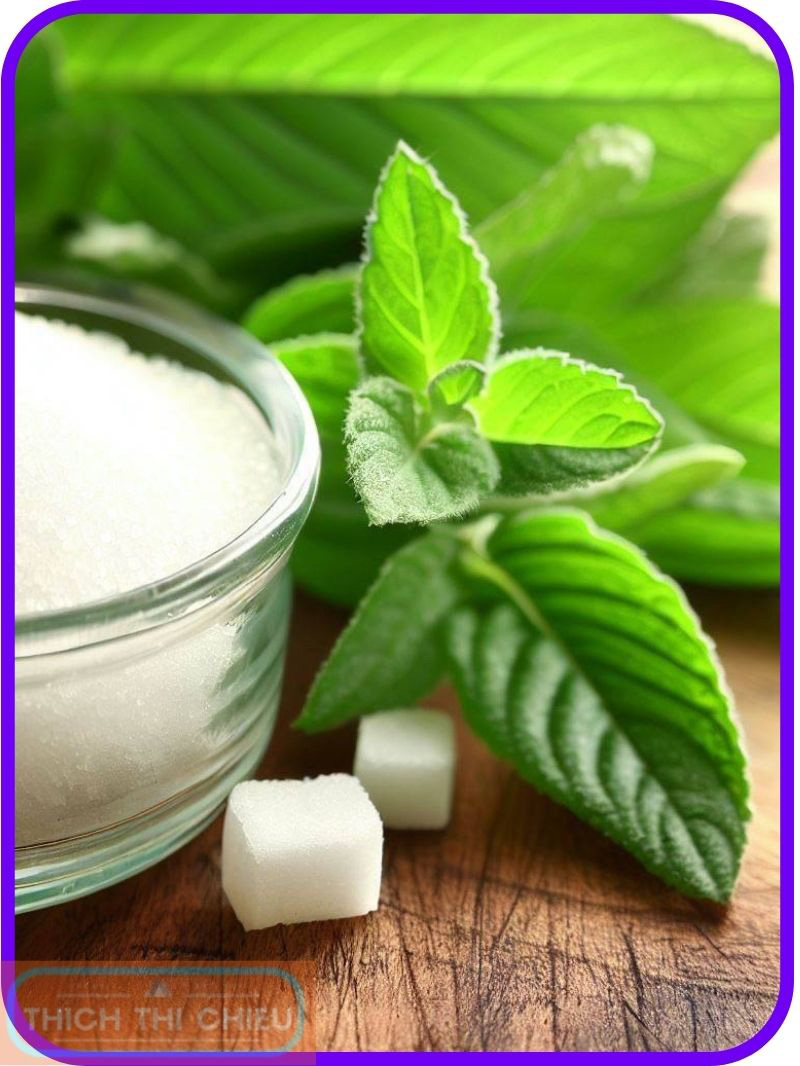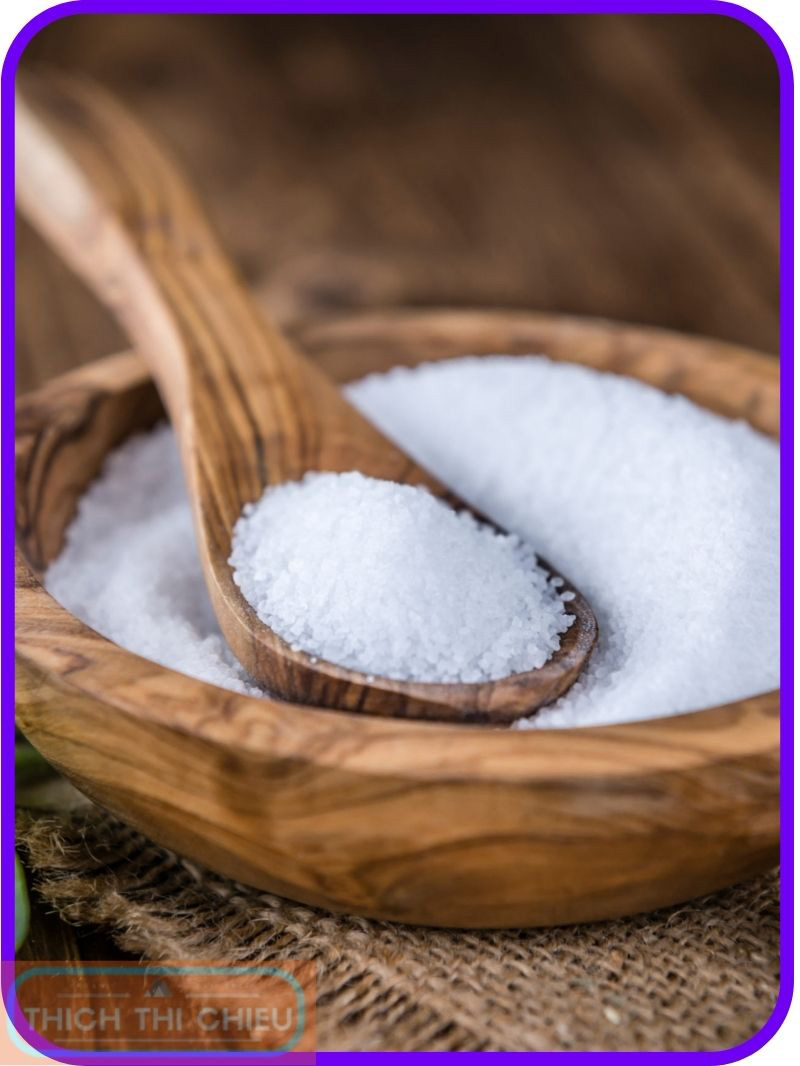In the realm of sweeteners, stevia has emerged as a popular alternative to sugar, captivating health-conscious individuals with its promise of zero calories and natural sweetness. While stevia is generally considered safe, it’s crucial to delve into the potential side effects that may accompany its consumption. Embark on a journey to uncover the truth about stevia, exploring its potential impact on your health and well-being. As you delve deeper into this comprehensive review, you’ll gain insights into the gastrointestinal repercussions, blood pressure fluctuations, hormone disruptions, and rare allergic reactions associated with stevia. By arming yourself with this knowledge, you can make informed decisions about incorporating stevia into your dietary choices.
Gastrointestinal Symptoms: Unveiling the Link to Stevia Consumption
The allure of stevia, a natural sweetener extracted from the stevia rebaudiana plant, lies in its promise of zero calories and a sweetness that rivals sugar. However, beneath its appealing exterior lies a potential for gastrointestinal discomfort, raising concerns among health-conscious individuals. To shed light on this matter, let’s delve into the prevalence of gastrointestinal symptoms associated with stevia consumption, unmask the role of sugar alcohols in causing digestive woes, identify common sugar alcohols found in stevia products and their effects, and explore tips for minimizing gastrointestinal discomfort from stevia.
The Prevalence of Gastrointestinal Symptoms Associated with Stevia Consumption
Studies have indicated that a subset of individuals may experience gastrointestinal discomfort upon consuming stevia. These symptoms can range from mild to moderate and may include bloating, gas, abdominal cramps, diarrhea, and nausea. The prevalence of these symptoms is thought to vary, with some estimates suggesting that up to 10% of individuals may experience digestive upset after consuming stevia.
The Role of Sugar Alcohols in Causing Digestive Problems
Sugar alcohols, often added to stevia products to enhance taste and texture, are the primary culprits behind gastrointestinal symptoms. These compounds are not fully absorbed by the body, leading to an osmotic effect that draws water into the intestines. This influx of fluid can cause bloating, gas, and diarrhea, particularly in individuals with sensitive digestive systems.
Common Sugar Alcohols Found in Stevia Products and Their Effects
Among the common sugar alcohols found in stevia products are sorbitol, mannitol, and erythritol. Sorbitol and mannitol are known for their laxative effects, leading to increased water content in the stool and potentially diarrhea. Erythritol, on the other hand, is generally better tolerated, but it may still cause digestive upset in some individuals, especially when consumed in large quantities.
Tips for Minimizing Gastrointestinal Discomfort from Stevia
To minimize the risk of gastrointestinal discomfort from stevia consumption, consider the following tips:
- Start with small amounts and gradually increase intake: Begin with a minimal amount of stevia and gradually increase your intake to allow your body to adjust.
- Choose stevia products without sugar alcohols: Opt for stevia products that are free of sugar alcohols, such as those containing only steviol glycosides.
- Consume stevia with meals: Consuming stevia with meals may help reduce the likelihood of digestive upset.
- Monitor your body’s response: Pay attention to how your body reacts to stevia consumption. If you experience any gastrointestinal discomfort, reduce or eliminate your stevia intake.
- Consult a healthcare professional: If persistent digestive issues arise, consult a healthcare professional for personalized advice.
Decreased Blood Pressure: Unraveling the Potential Impact of Stevia
Stevia, a natural sweetener derived from the stevia rebaudiana plant, has gained popularity as a sugar substitute due to its zero-calorie profile and intense sweetness. However, recent studies suggest that stevia may also possess the ability to lower blood pressure, raising concerns among individuals with hypertension or those taking blood pressure medications. To shed light on this matter, let’s delve into the potential impact of stevia on blood pressure, explore the diuretic properties of stevia and their influence on blood volume, outline precautions for individuals with hypertension regarding stevia consumption, and emphasize the importance of monitoring blood pressure when using stevia.
The Potential Impact of Stevia on Blood Pressure
Several studies have indicated that stevia may have a blood-pressure-lowering effect. One study, published in the journal “Hypertension,” found that stevia consumption significantly reduced both systolic and diastolic blood pressure readings in individuals with mild to moderate hypertension. Another study, published in the journal “Clinical Nutrition,” demonstrated that stevia consumption led to a reduction in systolic blood pressure in individuals with type 2 diabetes.
The Diuretic Properties of Stevia and Their Influence on Blood Volume
The potential blood-pressure-lowering effect of stevia is attributed, in part, to its diuretic properties. Diuretics are substances that promote the production and excretion of urine, leading to a reduction in blood volume. When blood volume decreases, the heart has less resistance to overcome, resulting in lower blood pressure.
Precautions for Individuals with Hypertension Regarding Stevia Consumption
Individuals with hypertension or those taking blood pressure medications should exercise caution when consuming stevia. The blood-pressure-lowering effect of stevia could potentially interact with existing medications, leading to an excessive drop in blood pressure. It is crucial for individuals with hypertension to consult with their healthcare provider before consuming stevia to ensure it is safe and appropriate for their individual needs.
The Importance of Monitoring Blood Pressure When Using Stevia
Due to the potential blood-pressure-lowering effect of stevia, it is essential for individuals who consume stevia to regularly monitor their blood pressure. This monitoring is particularly important for individuals with hypertension or those taking blood pressure medications. If you notice any significant changes in your blood pressure after consuming stevia, consult with your healthcare provider.
Hormone Disruption: Unraveling the Potential Impact of Stevia
Stevia, a natural sweetener derived from the stevia rebaudiana plant, has gained popularity as a sugar substitute due to its zero-calorie profile and intense sweetness. While stevia is generally considered safe, concerns have arisen regarding its potential to disrupt hormones, particularly testosterone and estrogen. To shed light on this matter, let’s delve into the concerns regarding the potential disruption of hormones by stevia, explore animal studies suggesting links between stevia and hormone imbalances, highlight the need for further research on stevia’s hormonal effects in humans, and provide recommendations for consulting a healthcare provider for hormone-related concerns.
Concerns Regarding the Potential Disruption of Hormones by Stevia
Concerns about stevia’s potential to disrupt hormones stem from its structural similarity to steroids. Steroids are hormones that play a crucial role in regulating various bodily functions, including reproduction, metabolism, and growth. The molecular structure of steviol glycosides, the sweet compounds extracted from stevia leaves, bears some resemblance to steroids, raising concerns that they may interfere with hormone production and signaling.
Animal Studies Suggesting Links Between Stevia and Hormone Imbalances
Animal studies have provided some evidence suggesting a potential link between stevia consumption and hormone imbalances. One study, published in the journal “Food and Chemical Toxicology,” found that stevia extract administered to male rats led to a decrease in testosterone levels and an increase in estrogen levels. Another study, published in the journal “Reproduction,” demonstrated that stevia consumption in mice resulted in alterations in the expression of genes involved in hormone regulation.
The Need for Further Research on Stevia’s Hormonal Effects in Humans
While animal studies suggest a potential link between stevia and hormone imbalances, more research is needed to confirm these findings in humans. Human studies investigating the effects of stevia on hormone levels are limited and have yielded mixed results. Some studies have found no significant impact of stevia on hormone levels, while others have reported subtle changes.
Recommendations for Consulting a Healthcare Provider for Hormone-Related Concerns
Individuals with concerns about stevia’s potential impact on hormones should consult with their healthcare provider. Healthcare providers can assess an individual’s hormone levels and provide personalized advice regarding stevia consumption. For individuals with pre-existing hormonal imbalances or those taking hormone-related medications, it is particularly important to exercise caution and seek guidance from their healthcare provider before consuming stevia.
Allergic Reactions: Unmasking the Potential of Stevia to Trigger an Immune Response
Stevia, a natural sweetener derived from the stevia rebaudiana plant, has gained widespread popularity as a sugar substitute due to its zero-calorie profile and intense sweetness. While stevia is generally considered safe for consumption by most individuals, there have been rare instances of allergic reactions associated with its use. Understanding the potential of stevia to trigger an immune response is crucial for individuals considering its consumption.
Rare Instances of Allergic Reactions to Stevia Consumption
Allergic reactions to stevia are relatively uncommon, with estimates suggesting that they occur in less than 1% of individuals who consume it. These reactions are thought to be caused by an IgE-mediated immune response, where the body misidentifies steviol glycosides, the sweet compounds extracted from stevia leaves, as harmful substances and triggers an allergic reaction.
Symptoms Associated with an Allergic Reaction to Stevia
Symptoms of an allergic reaction to stevia can range from mild to severe and may include:
- Hives: Itchy, welted rashes that can appear anywhere on the body
- Skin itching: A generalized feeling of itchiness on the skin
- Swollen lips, tongue, or throat: Swelling in the facial area can cause difficulty breathing and speaking
- Difficulty breathing: A tightening sensation in the chest or a feeling of shortness of breath
- Anaphylaxis: A severe and potentially life-threatening allergic reaction that can cause rapid swelling of the throat, difficulty breathing, a drop in blood pressure, and a loss of consciousness
Individuals who have experienced an allergic reaction to stevia or who have a known allergy to stevia should avoid consuming it entirely. Even small amounts of stevia can trigger an allergic reaction in sensitive individuals.
The Importance of Seeking Medical Attention Immediately if Allergic Reactions Occur
If you experience any symptoms of an allergic reaction to stevia, it is critical to seek medical attention immediately. Severe allergic reactions, such as anaphylaxis, require prompt treatment with epinephrine, an injectable medication that can counteract the life-threatening symptoms.
Stevia is a natural sweetener derived from the stevia rebaudiana plant and has gained popularity as a sugar substitute due to its zero-calorie profile and intense sweetness. However, there are some potential side effects associated with its consumption. These include gastrointestinal symptoms such as bloating, gas, and diarrhea, decreased blood pressure, hormone disruption, and rare allergic reactions. Individuals with hypertension, hormone-related conditions, or known allergies to stevia should exercise caution when consuming it. It is important to monitor your body’s response to stevia and consult a healthcare provider if you experience any adverse effects. Hopefully, the above article of TTC has provided you with useful information. If you have any questions or concerns, please leave a comment below.







Leave a Reply